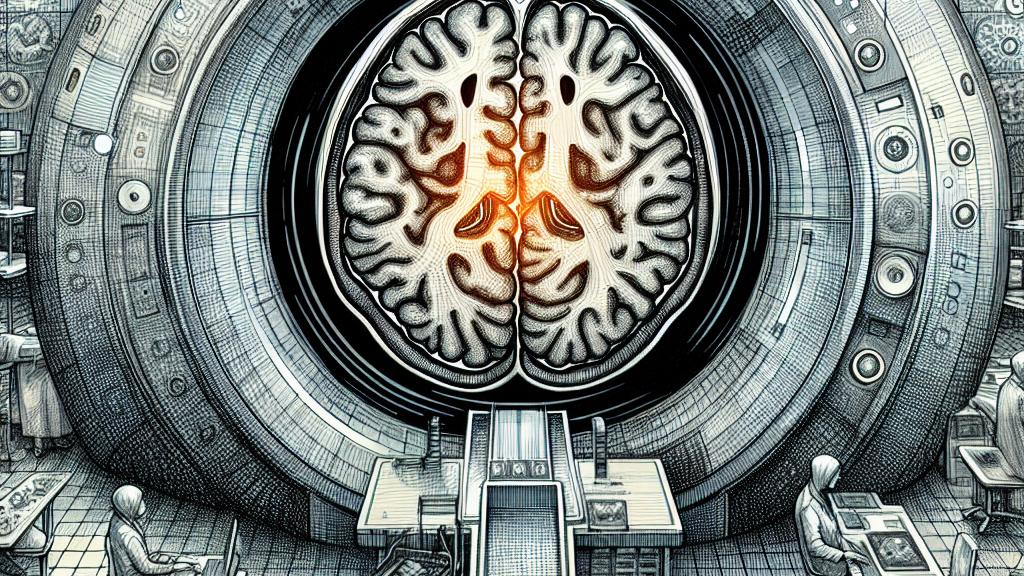High-Resolution Data Set of Postmortem Brain Tissue Generated with 7 Tesla MRI
Overview
- 7 Tesla MRI technology provides unparalleled detail in brain imaging.
- Advanced deep learning techniques enable precise cortical segmentation.
- Discoveries are pivotal for enhancing our knowledge of neurodegenerative diseases.

Amazing Advances in Brain Imaging with 7 Tesla MRI
A remarkable leap in brain imaging has been achieved through the groundbreaking use of 7 Tesla MRI technology by researchers at the University of Pennsylvania. This innovative imaging system utilizes a magnetic field that is seven times stronger than that of typical MRI machines, resulting in strikingly detailed images of the brain's structures and functions. Recently, the team scanned 135 postmortem brain tissue samples, leading to the creation of an extraordinary high-resolution dataset. This is a game changer—imagine unlocking secrets of the brain with unprecedented clarity and precision, which could revolutionize our understanding of both healthy and diseased states.
Innovative Deep Learning for Precise Brain Segmentation
What truly captivates the imagination is the sophisticated deep learning pipeline developed to automate the segmentation of cortical regions within the brain. This advanced technology allows researchers to not only visualize neural pathways but also to pinpoint specific areas impacted by conditions such as Alzheimer's and Parkinson's disease. For instance, this deep learning system can distinguish between healthy neural tissue and those that exhibit signs of pathological changes, providing critical insights into disease progression. The adaptability andEfficiency of this segmentation across diverse samples underscores its crucial role in revealing the complex anatomy of the brain, as well as providing essential data for both research and clinical applications.
Significant Implications for Neurodegenerative Disease Research
The implications surrounding the use of 7 Tesla MRI technology in the investigation of neurodegenerative diseases are nothing short of monumental. Think about the profound impact: by connecting high-resolution imaging data to historical pathological findings, researchers can begin to understand how diseases like Alzheimer’s alter brain structure over time. This meticulous analysis not only paves the way for innovative diagnostic techniques but may also reveal new therapeutic avenues targeting the underlying mechanisms of these conditions. Indeed, the integration of advanced imaging technology with deep learning methodologies is poised to reshape the landscape of neurodegenerative research, offering renewed hope to millions grappling with these debilitating diseases.

Loading...